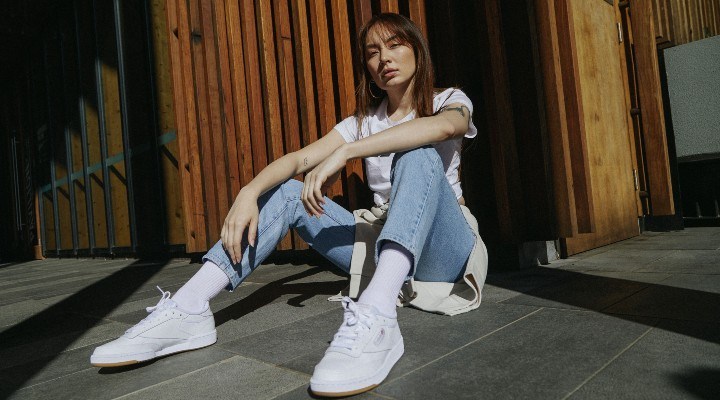After years of speculation, Adidas finally announced last week that it is disposing its Reebok brand. Reebok was acquired by Adidas in 2006 for €3.1 billion, but is expected to fetch just over €1 billion in a sale, underlining its long decline. The rationale for the deal was that by joining forces, both brands could better fend off the dominance of Nike, but what appears to have happened is that strong growth of the Adidas brand came at the expense of Reebok. If Reebok had been a hostage, we
ge, we would have asked it to blink twice for help. But as it was, its sales performance was already telling enough. Revenues at Adidas have tripled since the acquisition, while Reebok’s have nearly halved. So what went wrong for the once-solid Reebok brand and will a new buyer be able to turn its fortunes around?
Adidas muscles in on Reebok’s juicy sponsorships
It is difficult to imagine that Reebok was in quite a strong position when it was bought by Adidas. At the peak of the aerobics craze in the 80s, the brand had become a major player, particularly in the US. At the time, Reebok briefly surpassed Nike in terms of sneaker sales in the US, but the company soon realised that aerobics was a passing fad and wisely diversified into other sports.
Reebok’s sales were roughly half of those of Adidas in 2006, but it had a highly visible presence across a number of sports. Reebok had been the official sponsor of the 1996 Olympics in Atlanta. In 2000, it signed a 10-year contract to become the official shirt supplier for all NFL teams. This was followed by a similarly lengthy deal to supply uniforms to the NBA in 2001.
Yet right after the acquisition, Adidas prematurely terminated Reebok’s NBA agreement in favour of a new ten-year contract for its Adidas brand. Once the NFL deal came to an end in 2010, the visibility of the Reebok brand took a major hit and any new opportunities with major sports were all directed towards the Adidas brand.
Reebok relegated to focus on fitness
It was decided that Reebok should return to its roots and focus on fitness apparel and accessories. It entered into a partnership with fitness brand CrossFit in 2010 to become the sole licensee of CrossFit apparel and shoes. While the partnership did allow Reebok to regain relevance in a niche market, it clearly did not halt its decline.
Adidas has raved about its Muscle Up turnaround plan for Reebok, which kicked off in 2016. This aimed to improve profitability by closing 50 per cent of the brand’s store network in North America and streamlining its wholesale operations. While Reebok did return to profitability in early 2019, the plan has done little to make the brand cool again. In hindsight, perhaps it was more intended to prime the brand for a sale.
Who might buy Reebok?
There are suggestions that multi-brand groups such as VF Corporation (owner of Supreme, North Face and Vans) and Authentic Brands Group (Forever 21 and Nine West) will be first in line to acquire Reebok.
But an interesting option could also be China’s Anta Sports, which has bought a number of brands in recent years, such as outdoor brand Arc’teryx. Anta Sports has experience in turning around brands that have lost their way, most notably through its acquisition of Fila’s Greater China business in 2009. However, Reebok is a much bigger brand in the US than it is in China – will a Chinese buyer be able to capitalise on that opportunity?
Basketball should feature in Reebok’s future
The consensus appears to be that Reebok should focus on its nostalgia appeal, leveraging its substantial archive of classics such as its white ‘classic leather’ sneakers with British flag logo, the Freestyle aerobics high-tops, and the InstaPump Fury. The latter featured an actual pump on the tongue and became a major hype in the basketball world in the 1990s.
Indeed, perhaps there is an opportunity to capitalise on Reebok’s basketball heritage as there is still much love for the brand. Shaquille O’Neal – the basketball star who had been endorsed by Reebok throughout much of the 1990s – stated in 2019 that he was interested in buying Reebok, as Adidas had “diluted so much to where [the brand] is almost gone”.
This could actually become a reality as O’Neal has had a stake in Authentic Brands Group since 2015, when he sold the management of his brand name and endorsement deals to the group in return for equity. But regardless of who ends up owning Reebok, much work remains to be done to make the brand relevant again.

